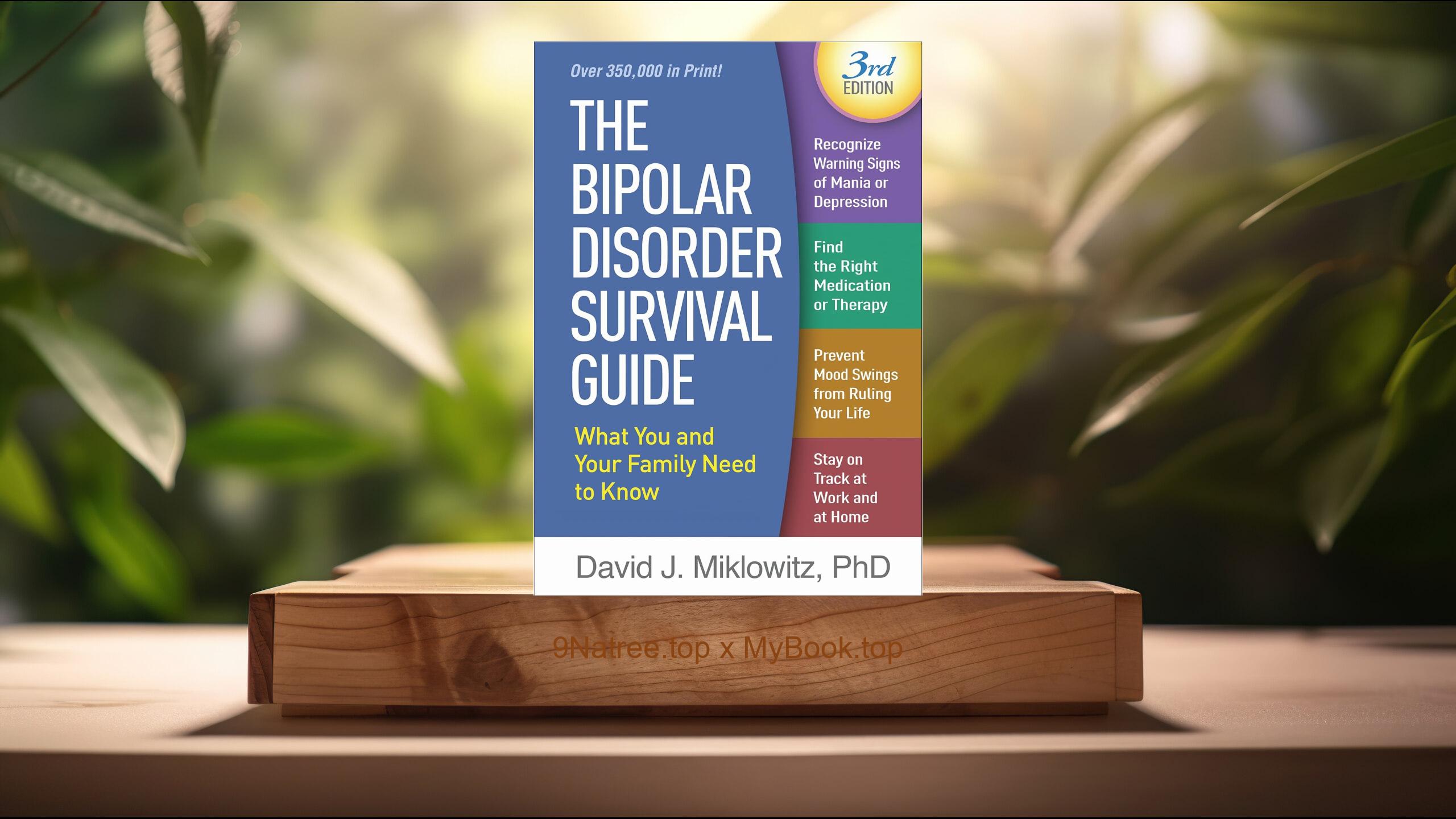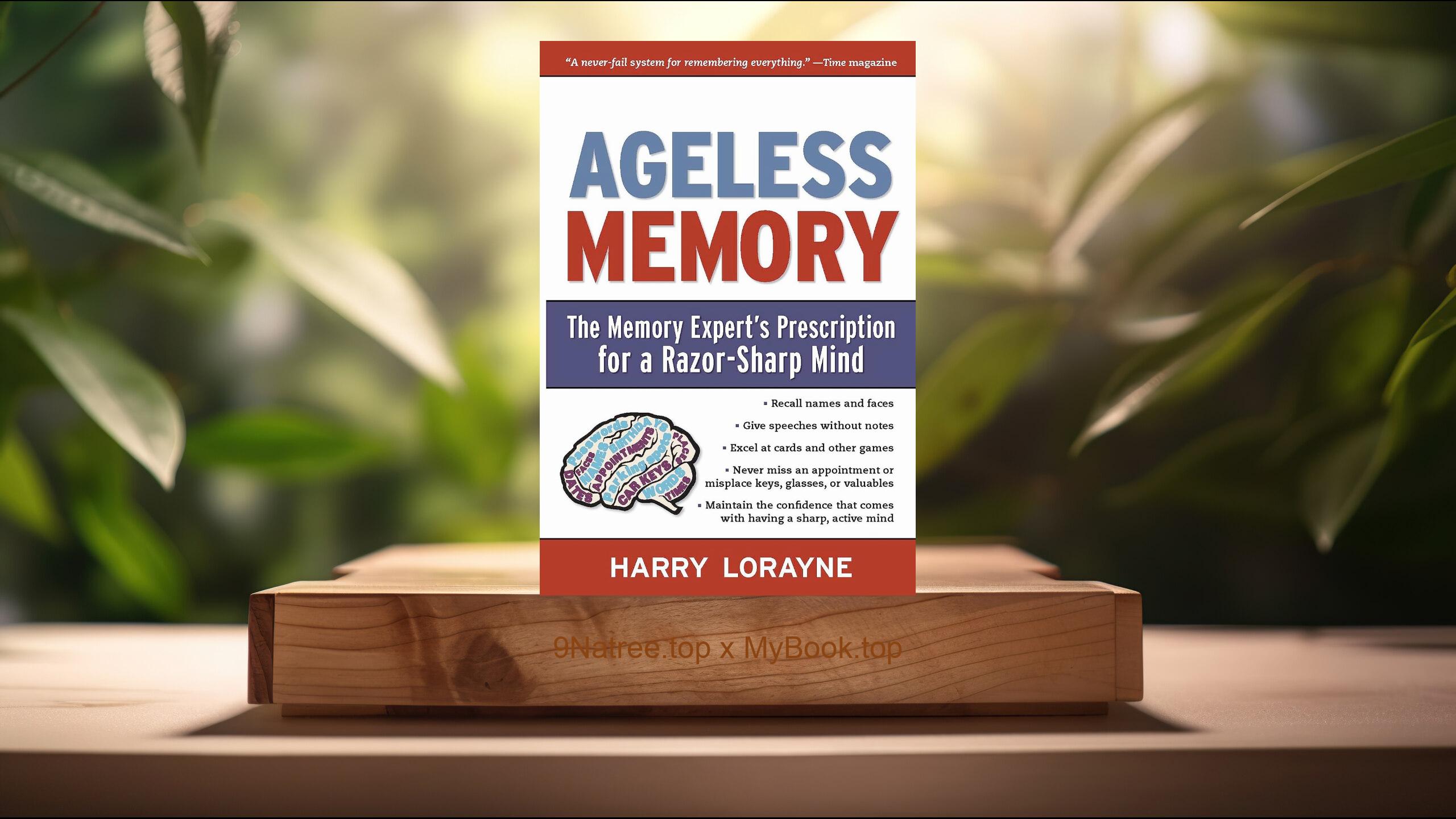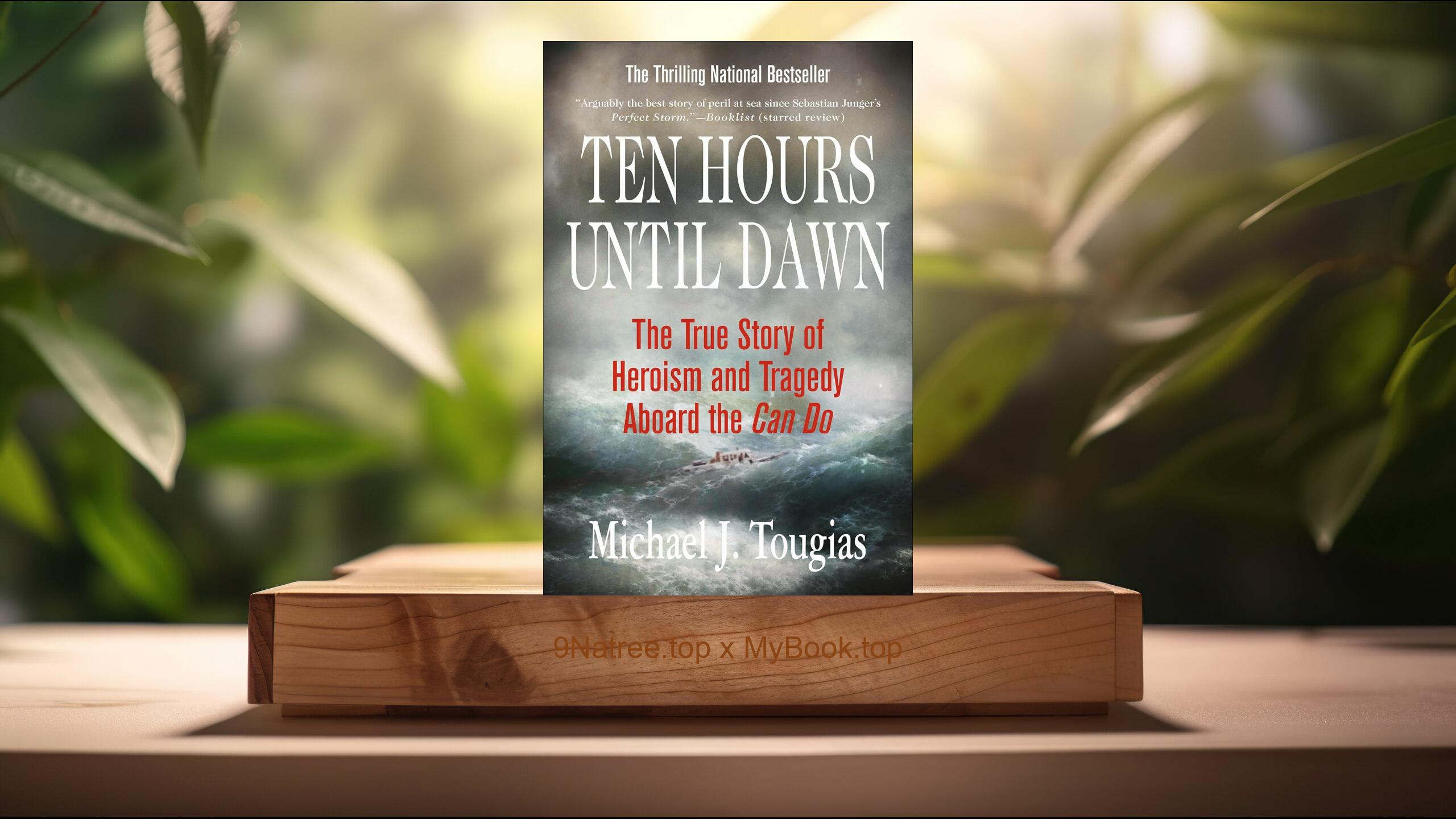Show Notes
- Amazon US Store: https://www.amazon.com/dp/B07432D5GB?tag=9natree-20
- Amazon Worldwide Store: https://global.buys.trade/Human-Errors-Nathan-H-Lents.html
- Apple Books: https://books.apple.com/us/audiobook/human-errors-a-panorama-of-our-glitches-from/id1643248748?itsct=books_box_link&itscg=30200&ls=1&at=1001l3bAw&ct=9natree
- eBay: https://www.ebay.com/sch/i.html?_nkw=Human+Errors+Nathan+H+Lents+&mkcid=1&mkrid=711-53200-19255-0&siteid=0&campid=5339060787&customid=9natree&toolid=10001&mkevt=1
- Read more: https://mybook.top/read/B07432D5GB/
#EvolutionaryBiology #GeneticImperfections #HumanBody #CognitiveBiases #VestigialStructures #AdaptationandSurvival #TradeoffsinEvolution #HumanErrors
These are takeaways from this book.
Firstly, Vestigial Structures, Vestigial structures are parts of the body that were useful to our ancestors but have lost their original function over time due to evolution. Nathan H. Lents discusses various examples, such as the appendix, wisdom teeth, and the tailbone, highlighting the evolutionary journey of humans. The existence of these structures serves as evidence of our evolutionary past and showcases how not all evolutionary changes confer an advantage. Lents explains how these 'leftover' body parts can sometimes cause health issues, illustrating the imperfect nature of human biology and the compromises made during the evolutionary process.
Secondly, Genetic Imperfections, Lents explores the realm of genetic imperfections in humans, ranging from broken genes to redundant DNA sequences that no longer serve a purpose. He clarifies how mutations and genetic variations can lead to vulnerabilities and diseases, exemplifying the random and chaotic aspect of evolution. By discussing examples such as the persistence of genetic diseases and the complex regulation of our genome, Lents elucidates the flaws in our genetic code that result from our evolutionary history. This topic not only deepens our understanding of genetics but also highlights the limitations of natural selection in producing 'perfect' beings.
Thirdly, The Human Brain and Its Flaws, The human brain, despite its complexity and capabilities, is subject to numerous shortcomings and inefficiencies. Lents delves into cognitive biases, memory inaccuracies, and the brain's tendency to seek patterns even when none exist. By examining these cognitive glitches, Lents shows how our brain's evolution has been a trade-off, optimizing certain functions at the cost of others. He argues that understanding our brain's imperfections can lead to better decision-making and a more compassionate view of human behavior, acknowledging that even our mental processes are products of an imperfect evolutionary process.
Fourthly, Sensory and Physical Limitations, Lents addresses the limitations of human senses and physical abilities, contrasting them with other species that possess superior capabilities. For instance, he points out our relatively poor sense of smell compared to many animals and our lack of built-in defense mechanisms. These comparisons underscore the adaptive nature of evolution, where humans have traded certain physical attributes for cognitive skills and social cooperation. Lents's discussion invites us to reflect on the trade-offs in human evolution and appreciate the unique niche humans occupy despite our physical limitations.
Lastly, Evolutionary Trade-offs and Adaptations, In discussing evolutionary trade-offs and adaptations, Lents highlights how the process of evolution involves a series of compromises rather than aiming for perfection. From the inefficiency of our energy metabolism to the design of our skeletal structure, Lents showcases how evolution has shaped humans with a focus on survival and reproduction, rather than finesse. Through this lens, readers gain insight into the pragmatic, sometimes messy nature of evolutionary change and the ingenious ways humans have adapted to their environment. This perspective challenges the notion of 'intelligent design' and emphasizes the dynamic, ongoing nature of evolution.
![[Review] Human Errors (Nathan H. Lents) Summarized](https://episodes.castos.com/660078c6833215-59505987/images/1785820/c1a-085k3-z3z2d7wnbmrz-hcbuoo.jpg)




